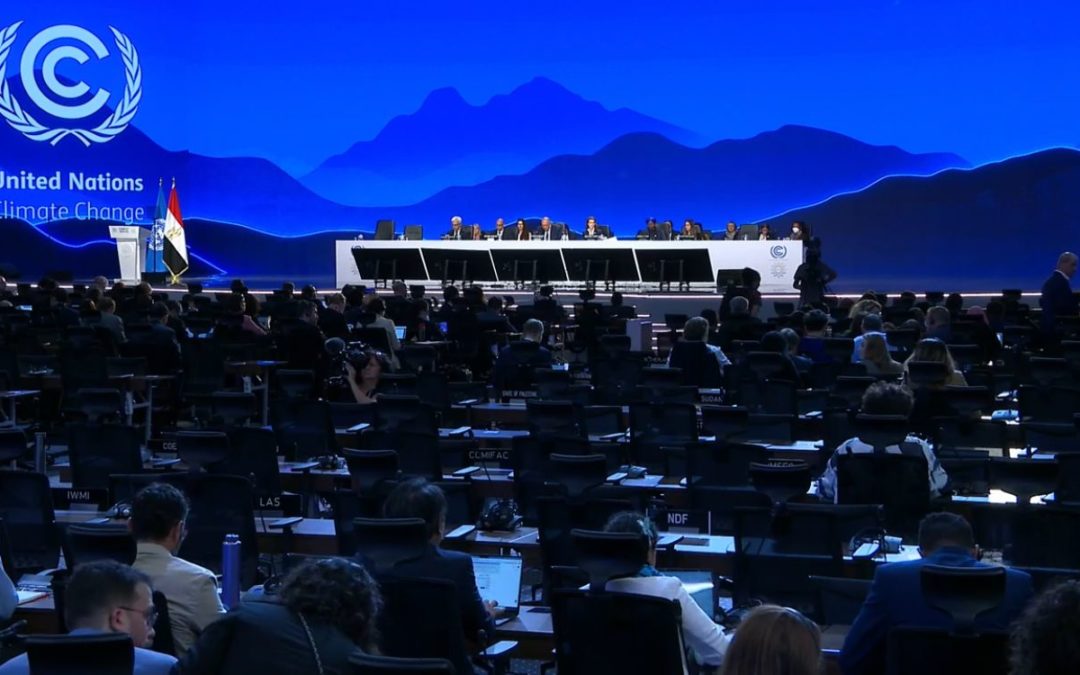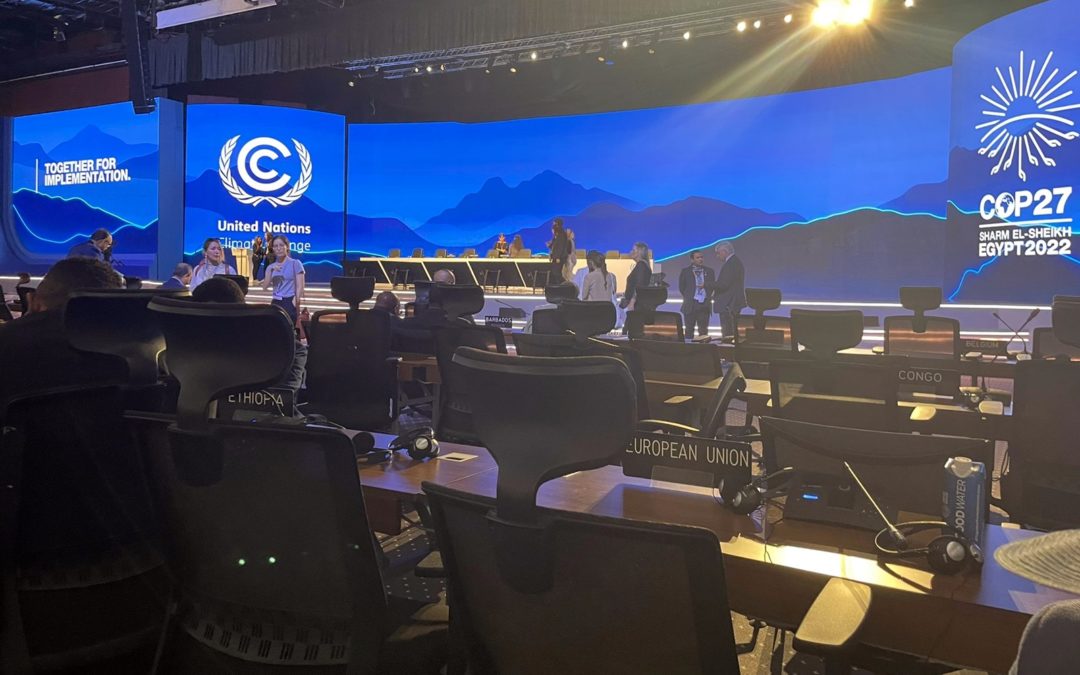The Green Policy Center is launching a new project in order to promote the gradual climate-neutralization of the portfolios of Hungarian banks, both by introducing banks to climate-neutral banking options on the supply side, and by increasing social awareness on the demand side.
In 2015, the countries of the world adopted the Paris Agreement, in which they committed themselves to limit the increase of the global average temperature to 1.5°C and to transition their societies and economies to climate-neutral operation. In accordance with this, Hungary was the first in the region to declare by law that Hungary will become climate neutral by 2050. A recent report by the UN’s scientific panel on climate change, the IPCC, showed that solutions are available in all sectors to halve emissions by 2030 compared to 2019 levels in order to keep the 1.5°C temperature target in reach, however quick action is critical. In the green transition of the economy and society, the role of banks can be of fundamental importance by ensuring sustainable and green financing.
In Hungary, thanks to the Sustainable Financial Action Plan of the EU and the green finance program of the Hungarian National Bank, significant progress has been made in the field of green financing among banks in recent years. However, it seems that such green financial activities are typically not aligned with conscious climate neutrality goals, and the concept of climate neutral banking is missing from professional thinking.
The essence of net zero banking is, by definition, the net zeroing of financed greenhouse gas emissions by 2050, i.e. the balancing of emissions and removals.
On the other hand, due to the current energy price crisis, it is extremely important to keep green aspects on the agenda both in the banking sector and among the population, so that strategic and business decisions do not lack longer-term, green aspects. The project aims to actively change this on both the supply and demand side, during which it targets banks, customers and decision-makers with the help of various awareness raising and educational activities.
The project called Net Zero Banking, launched in August 2022 under the auspices of the Green Policy Center, aims to increase the awareness of both the banking sector and the public in the area of climate-neutral banking with various actions over the next year. Both climate policy and financial experts actively participate in the project, covering several aspects of sustainable finance.
In the course of the project, the current situation of the Hungarian banking sector in the field of green finance will be assessed, and various banking strategies and considerations will be analyzed with the help of interviews with banking sector actors. After that, in response to the challenges facing the domestic banking sector, the project team will support Hungarian banks with practical advice by preparing a climate-neutral banking manual. At the same time, during the project, various awareness-raising events, lectures and articles will also try to familiarize both the banking sector and the public with the concept and possibilities of climate-neutral banking.
If you would like to find out more information about the project, you can contact the members of the project team at the following contact details:

Gábor Gyura
Consultant, sustainable finance and ESG
gabor.gyura@un.org
Tibor Schaffhauser
Senior Climate Policy Advisor, International and EU climate policy, green finance


Tibor Fejes
Sustainable finance advisor, climate risk expert, banking supervisor, economist




